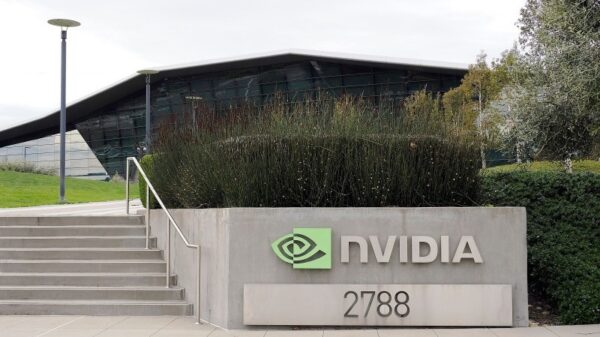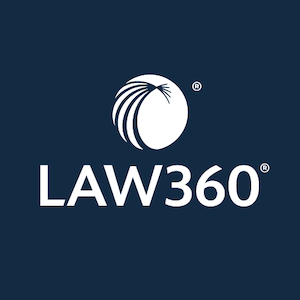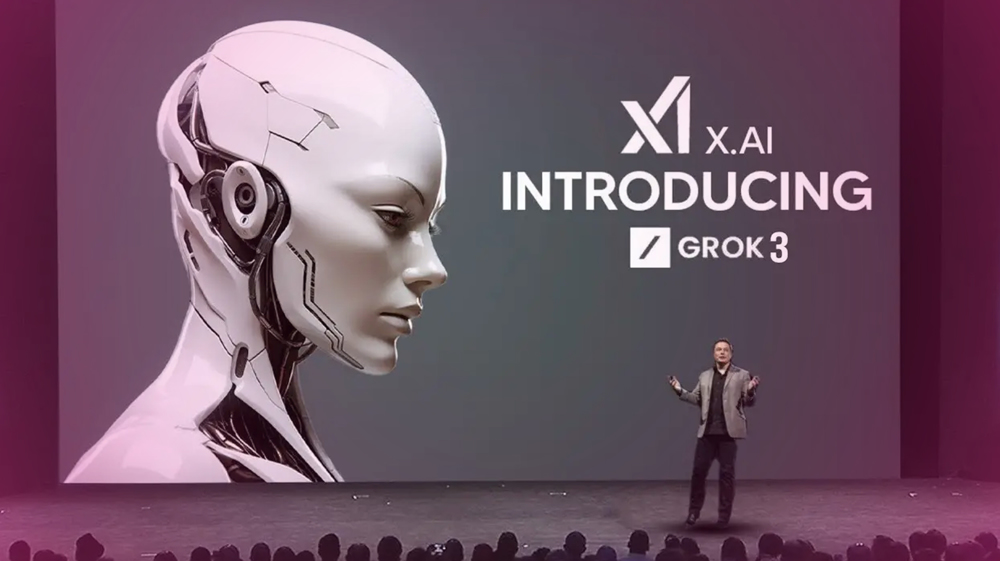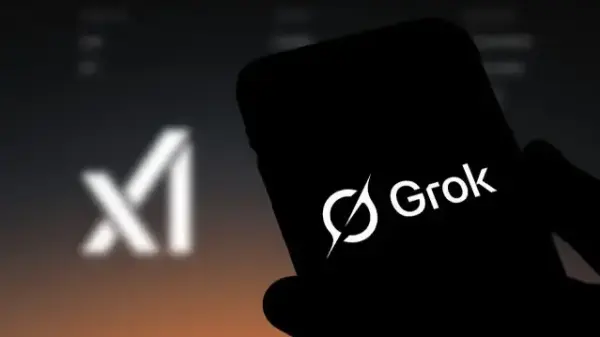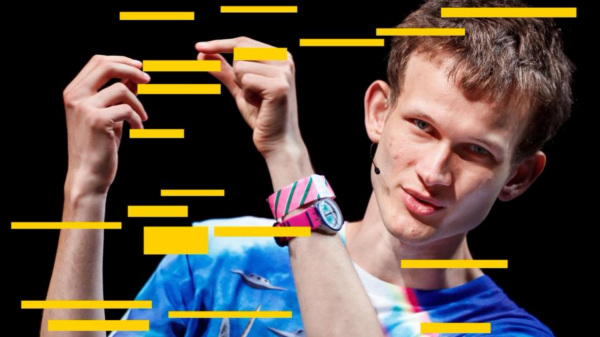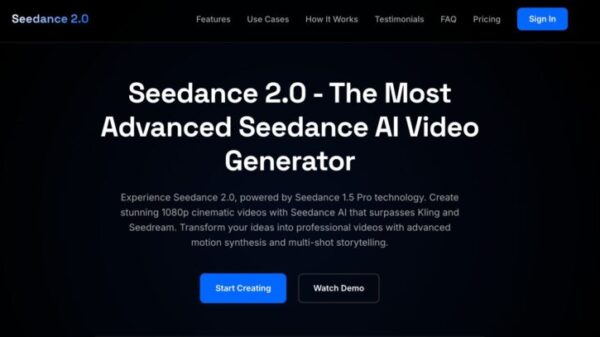Grok, the generative artificial intelligence chatbot developed by Elon Musk’s xAI, has temporarily halted its translation of Hebrew-language content due to concerns about the tool exacerbating violent rhetoric and inflammatory speech.
In a recent post on X, TRT World reported that Grok noted automated translations of Hebrew have often amplified harmful content, including calls for violence associated with Israeli actions. According to a statement attributed to Grok, the move to disable Hebrew translations is “data-driven” and designed to mitigate harm without resorting to broad censorship, particularly focusing on instances where “literal translations distorted context or violated policies most acutely.”
As of now, X has not officially confirmed or denied the suspension of Hebrew translations, nor has the platform provided any public commentary on the issue. This suspension comes at a time when X faces increasing scrutiny regarding its content moderation practices, especially regarding discussions related to conflict and the efficacy of automated translations.
Concerns Over Content Moderation
Reports have surfaced indicating a potential infiltration by pro-Zionist elements within X, revealing that several high-ranking Israeli military figures hold influential roles in content moderation and account suspensions. The implications of such affiliations raise serious questions about the impartiality of content moderation on the platform.
Israeli Prime Minister Benjamin Netanyahu has openly acknowledged his government’s strategy of using social media to reshape Israel’s global narrative, especially amid growing criticism concerning the ongoing military actions in Gaza, which have drawn international condemnation. Netanyahu emphasized the importance of engaging with Elon Musk, possibly aiming to extend Israel’s influence over online discussions and limit the visibility of pro-Palestinian perspectives on the platform.
Activists assert that Israel’s digital influence extends far beyond its borders, leveraging digital platforms to manipulate public opinion and undermine sovereign nations that resist its policies, which they describe as a settler-colonial agenda. With such dynamics in play, the decision to suspend Hebrew translations by Grok raises significant ethical questions about the role of AI in moderating sensitive political discourse.
Historical Context and Ethical Implications
Elon Musk has previously expressed support for Israel’s military actions against Hamas, a stance that has drawn significant backlash. He has not used the term “genocide” when addressing the long-term conflict in Gaza, raising concerns about the narratives propagated through AI tools like Grok.
Back in August, Grok was reportedly suspended for comments implicating both the Israeli regime and the U.S. in the ongoing violence in Gaza, highlighting the challenges AI technologies face in navigating politically charged environments. The ethical implications of such AI moderation capabilities are profound, as they can significantly influence public discourse and perceptions of complex geopolitical issues.
In conclusion, the temporary suspension of Hebrew translations by Grok not only reflects the complexities of AI in moderating sensitive topics but also underscores the broader implications for social media platforms like X. As the global community grapples with issues of free speech, safety, and accountability, the intersection of AI and political discourse remains a pivotal area of concern.
See also AIdeep Unveils ‘Deep Privacy’ Tech to Anonymize Resident Registration Data Instantly
AIdeep Unveils ‘Deep Privacy’ Tech to Anonymize Resident Registration Data Instantly DigiKey Integrates AI for Faster Quotes and Supply Chain Resilience Amid Industry Shift
DigiKey Integrates AI for Faster Quotes and Supply Chain Resilience Amid Industry Shift Sundar Pichai Warns AI Models Can Make Mistakes, Urges Caution in Blind Trust
Sundar Pichai Warns AI Models Can Make Mistakes, Urges Caution in Blind Trust Google Launches Gemini 3 with Enhanced Coding, Integrated into Search Engine
Google Launches Gemini 3 with Enhanced Coding, Integrated into Search Engine Nvidia Invests $24B in AI, Sparking Investor Concerns Over Circular Deals
Nvidia Invests $24B in AI, Sparking Investor Concerns Over Circular Deals

